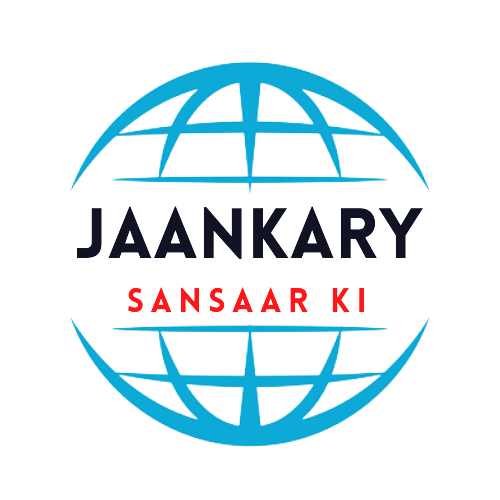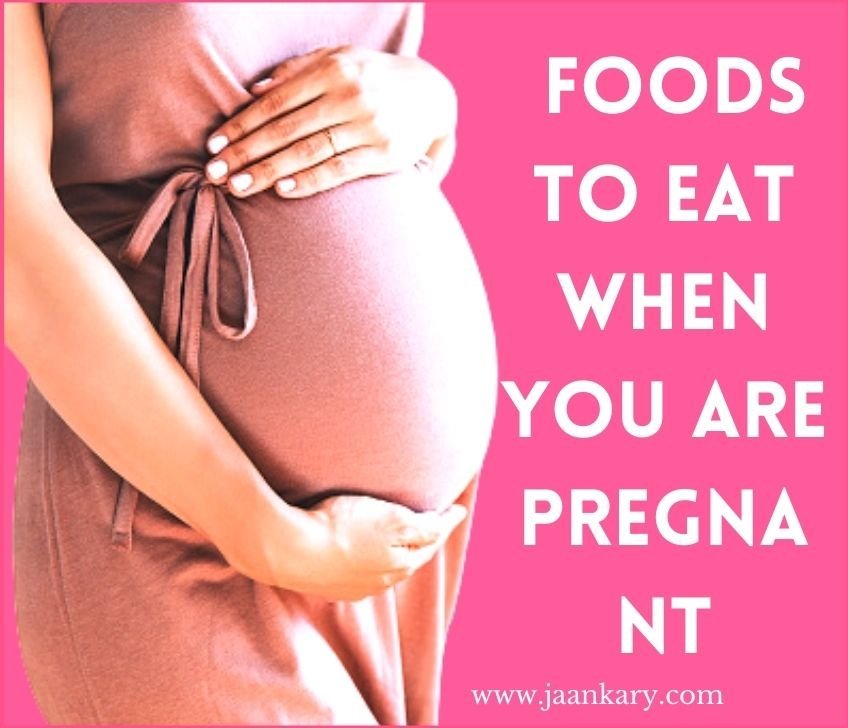When creating your healthy diet, focus on whole foods that will provide you with more of the good things you need when you are not pregnant, such as:
• proteins
• Vitamins and minerals
• healthy types of fat
• complex carbohydrates
• Fiber and liquid food
Here are 12 super nutritious foods to eat while pregnant to make sure you hit those nutritional goals.
Dairy products
During pregnancy, you need to get more protein and calcium to meet the needs of your growing child. Dairy products like milk, cheese, and yogurt should be on the list.
Dairy products contain two types of high-quality protein: casein and whey. Milk is the best dietary source of calcium and is rich in phosphorus, B vitamins, magnesium, and zinc.
Yogurt, especially Greek yogurt, contains more calcium than most other dairy products and is particularly beneficial.
Some strains also contain probiotic bacteria that promote digestive health.
If you are lactose intolerant, you can also tolerate yogurt, especially probiotic yogurt. Ask your doctor if you can try it. A whole world of yogurt shakes, parfaits and lassi could be waiting for you.
Legumes
This food group includes lentils, peas, beans, chickpeas, soybeans, and peanuts.
Legumes are excellent plant sources of fiber, protein, iron, folate, and calcium, which your body needs the most during pregnancy.
Folate is one of the most important B vitamins (B9). It is very important to you and your baby, especially during the first trimester and even before.
You will need at least 600 micrograms (mcg) of folic acid each day, which can be challenging with food alone. But adding legumes can help you achieve this with supplements based on your doctor’s recommendations.
Legumes are also generally very high in fiber. Some varieties are also rich in iron, magnesium, and potassium. Consider adding legumes to your diet with foods like hummus on whole grain toast, black beans in a taco salad, or lentil curry.
Sweet potatoes
Sweet potatoes are not only delicious when prepared in a thousand ways, they are also rich in beta-carotene, a plant compound that is converted into vitamin A in the body.
Vitamin A is important for the development of the baby. Just be wary of excessive amounts of animal sources of vitamin A, such as organ meats, which in large amounts can cause toxicity.
Fortunately, sweet potatoes are an abundant plant source of beta-carotene and fiber. Fiber helps you stay full longer, reduces blood sugar spikes, and improves digestive health (which can really help with constipation).
For a fabulous breakfast, try sweet potatoes as the base for your morning avocado toast.
Salmon
Smoked on a whole grain bagel, toasted with teriyaki, or slathered with pesto, salmon is a welcome addition to this list. Salmon is rich in omega-3 essential fatty acids, which have many benefits.
These are found in large amounts in shellfish and will help develop your baby’s brain and eyes, and may even help prolong pregnancy.
But wait, have you been told to limit your seafood intake because of the mercury and other contaminants in high-mercury fish?
You can still eat fatty fish like salmon.
Here are the mercury-rich fish to avoid Reliable source:
• swordfish
• shark
• King Mackerel
• Marlin
• Bigeye tuna
• Bluebird fish from the Gulf of Mexico
Also, salmon is one of the few natural sources of vitamin D that most of us lack. It is important for bone health and immune function.
Eggs
These amazing edible eggs are the best healthy food because they contain a little bit of almost all the nutrients you need. A large egg contains about 80 calories, high-quality protein, fat, and many vitamins and minerals.
Eggs are a great source of choline, an essential nutrient during pregnancy. It is important for the development of the baby’s brain and helps prevent disorders of brain and spinal development.
A single whole egg contains about 147 milligrams (mg) of choline, which will bring you closer to your current recommended choline intake of 450 mg per day during pregnancy (although more studies are underway to see if this is enough).
These are some of the healthiest ways to cook eggs. Try them on spinach rolls or in a chickpea scramble.
Broccoli and dark leafy greens
Not surprisingly, broccoli and dark green vegetables like kale and spinach have all the nutrients you need. Even if you don’t like eating them, they can often be incorporated into all kinds of dishes.
Benefits include fiber, vitamin K, vitamin C, vitamin A, iron, calcium, potassium, and folate. You are a godsend of green goodness.
Adding servings of green vegetables is an effective way to absorb vitamins and prevent constipation from all those fibers. Vegetables have also been linked to a reduced risk of low birth weight.
Try this Florentine Kale Roe Recipe or mix some spinach in a green smoothie and you won’t even know what’s in it
Lean meat and protein
Lean beef, pork, and chicken are excellent sources of good quality protein. Beef and pork are also high in iron, choline, and other B vitamins, which everyone will need in greater amounts during pregnancy.
Iron is an essential mineral used by red blood cells as part of hemoglobin. You need more iron as your blood volume increases. This is especially important during the third trimester.
Low iron levels early and mid-pregnancy can lead to iron deficiency anemia, increasing the risk of low birth weight and other complications.
It can be difficult to meet your iron needs with meals alone, especially if you develop an aversion to meat or are vegetarian or vegan. For those who can, however, regular consumption of lean red meat can help increase the amount of iron in foods.
Pro Tip: Combining foods high in vitamin C, such as oranges or bell peppers, with foods high in iron can also help increase your intake.
Throw vitamin C-rich tomato slices on this turkey burger or make this steak and mango salad.
Berries
Berries have a lot of good things in their little packages like water, healthy carbs, vitamin C, fiber, and antioxidants.
Berries have a relatively low glycemic index, so they shouldn’t cause major spikes in blood sugar. Berries also make a great snack because they contain water and fiber. They offer a lot of flavor and nutrients, but with relatively few calories.
Some of the best berries you can eat while pregnant are blueberries, raspberries, goji berries, strawberries, and acai berries. Take a look at this blueberry smoothie for inspiration.
Whole grains
Unlike their clever counterparts, whole grains are packed with fiber, vitamins, and herbs. Think oats, wheat berries, barley, and brown rice instead of pasta, white bread, and white rice.
Some whole grains, like oats and quinoa, also contain a significant amount of protein.
You also push some buttons that pregnant women are often missing: B vitamins, fiber, and magnesium.
There are so many ways to add whole grains to a meal, but we especially love this Roasted Sweet Potato and Quinoa Bowl.
Nuts
Dried fruits are generally high in calories, fiber, and various vitamins and minerals. A dried fruit contains the same amount of nutrients as a fresh fruit, but without all the water and in a much smaller form.
A serving of nuts can provide a significant percentage of the recommended intake of many vitamins and minerals, including folate, iron, and potassium.
Plums are rich in fiber, potassium, and vitamin K. They are natural laxatives and can be very helpful in relieving constipation. Dates are rich in fiber, potassium, iron, and plant compounds.
However, nuts also contain large amounts of natural sugar. Make sure to avoid candied varieties that contain even more sugar.
While dried fruits can help increase your calorie and nutrient intake, it is generally not recommended to consume more than one serving at a time.
Try adding a small serving to a student nut and seed mix for a high-protein, high-fiber snack to go.
Fish liver oil
Fish liver oil is made from the fatty liver of fish, mainly cod. It is rich in omega-3 fatty acids EPA and DHA, essential for the development of the brain and eyes of the fetus.
Fish oil supplementation can help protect against premature births and promote fetal eye development.
Fish liver oil is also very rich in vitamin D, of which many people do not get enough. It can be very beneficial for those who do not consume shellfish regularly or for those who supplement omega-3 or vitamin D.
A single serving (1 tablespoon or 15 milliliters) of fish liver oil provides more than the recommended daily allowance of omega-3s, vitamin D, and vitamin A.
However, consuming more than one serving per day is not recommended, as too much preformed vitamin A can be dangerous for your baby. High omega-3 levels can also have blood-thinning effects.
Low-mercury fish like salmon, sardines, canned tuna, or saithe can also help you meet your omega-3 goals.
Avocados
Avocados are an unusual fruit because they are high in monounsaturated fats. This gives them a rich, buttery flavor, perfect for adding depth and creaminess to a dish.
They are also rich in fiber, B vitamins (especially folic acid), vitamin K, potassium, copper, vitamin E, and vitamin C.



